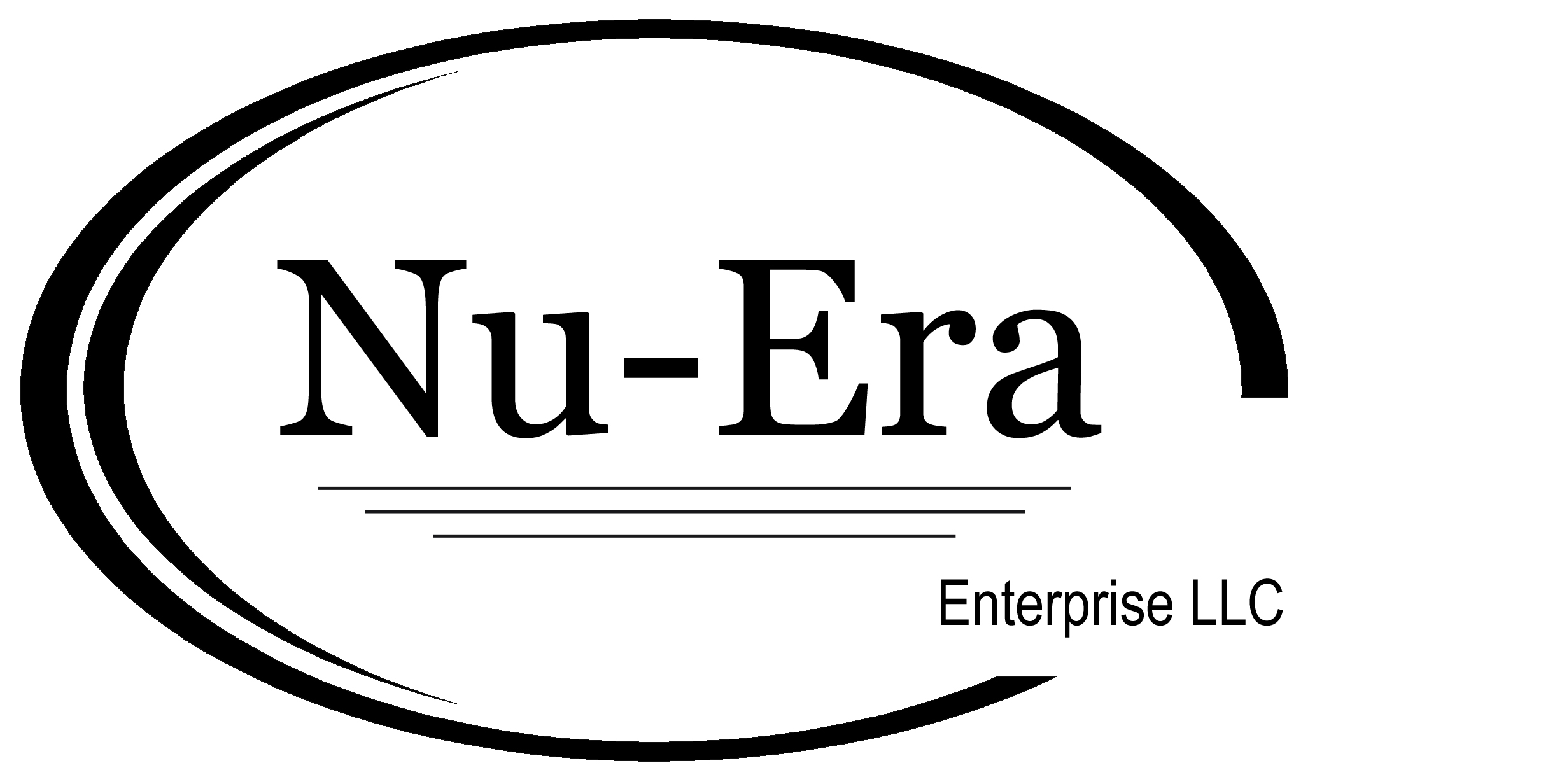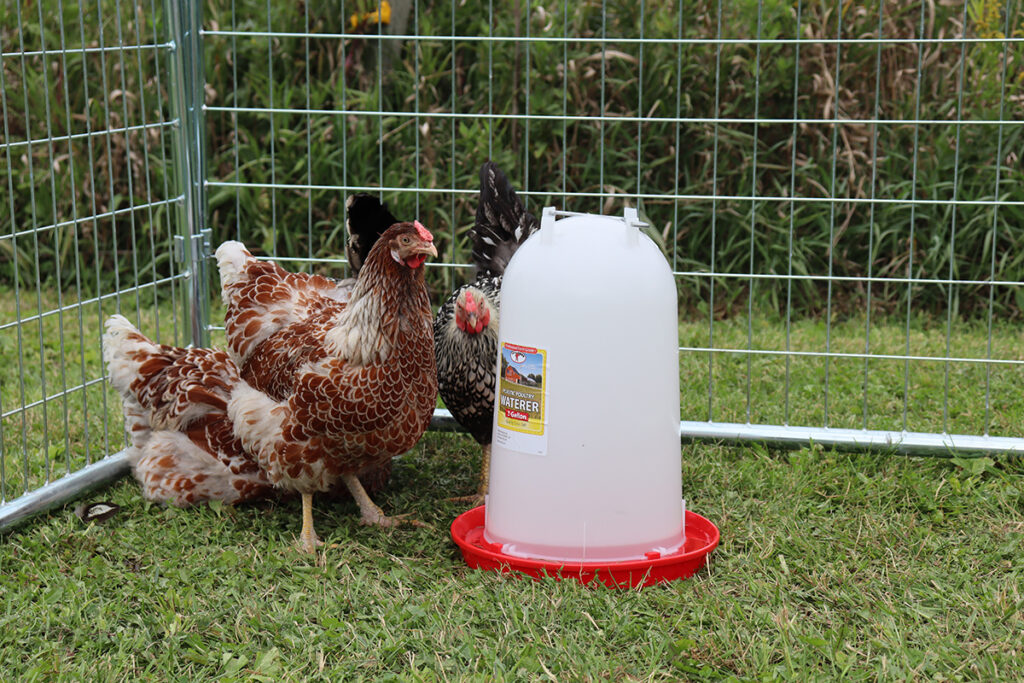Introduction
Clean water is essential for the health and well-being of your backyard chickens. It aids in digestion, nutrient absorption, and overall productivity. However, keeping chicken water clean can be challenging due to various factors such as dust, droppings, and algae growth.
These issues highlight the importance of selecting the right type of waterer. A splash-free water bowl could be an effective solution. Its unique design makes it spill-proof and scratch-resistant, ensuring your chickens have a cleaner drinking environment.
In addition to choosing the right waterer, maintaining hygiene is crucial. Regularly cleaning the water source can help prevent contamination and bacteria buildup.
Furthermore, you might consider incorporating natural remedies like apple cider vinegar into your chickens’ diet. This not only helps in keeping their digestive system healthy but also aids in maintaining overall productivity. For instance, Doc Roy’s Daily Care tablets could be beneficial in this regard.
This article will provide practical tips for keeping chicken water clean while ensuring your flock remains healthy and productive.
Understanding the Importance of Clean Water for Chickens
Clean water is vital for the health and productivity of your chickens. Access to fresh, uncontaminated water ensures optimal hydration, which is crucial for digestion, egg production, and overall well-being.
Risks Associated with Dirty Water:
- Bacteria Growth: Stagnant or dirty water can become a breeding ground for harmful bacteria like Salmonella and E. coli. These pathogens can cause severe health issues, reducing your flock’s productivity and potentially leading to fatalities.
- Algae Growth: Algae thrive in warm, nutrient-rich water, turning it green and slimy. This not only makes the water unpalatable but also introduces toxins that could harm your chickens.
Using a purpose-designed poultry drinker helps mitigate these risks by keeping fresh water contained and away from contaminants. Regularly cleaning and maintaining your chicken’s water source is key to preventing the buildup of bacteria and algae.
However, it’s not just the chickens that require clean water; other pets such as puppies also need fresh water for their health. Just like with chickens, dirty water can lead to serious health problems in puppies. Therefore, ensuring that all pets have access to clean drinking water is essential.
In addition to providing clean drinking water, proper vaccination is also important for pet health. For instance, the 6-way TRAY puppy vaccine prevents several serious diseases in dogs.
Lastly, while we focus on our pets’ health, we should not forget about their comfort as well. A durable leather collar can provide both comfort and style to your pet while ensuring they are secure during walks or playtime.
Choosing the Right Chicken Waterer
Selecting the appropriate chicken waterer is crucial for maintaining clean and fresh water for your flock. There are several options available, each with their own set of advantages. Understanding these differences helps you make an informed choice.
Different Types of Chicken Waterers
- Plastic Chicken Waterers
- Lightweight and easy to handle.
- Typically more affordable.
- Susceptible to algae growth if not cleaned regularly.
- Stainless Steel Waterers
- More durable and resistant to rust.
- Easier to clean and maintain.
- Higher initial cost but longer lifespan.
- Mason Jar Waterers
- These can be made by using a Mason Jar Waterer Base, which turns any mason jar into a gravity-fed waterer for your chicks.
- Made of heavy-gauge galvanized steel, they offer durability and ease of use.
Advantages of Using a Purpose-Designed Poultry Waterer
A purpose-designed poultry waterer offers several benefits over traditional bowls or dishes:
- Reduced Contamination: The closed design keeps debris and dirt out, ensuring cleaner water for longer periods.
- Controlled Dispensing: These waterers dispense water gradually, which minimizes waste and reduces the frequency of refills.
- Durability: Built specifically for poultry, they are often more robust and long-lasting compared to makeshift solutions.
Best Practices for Keeping Chicken Water Clean
Regular Cleaning Schedule
Maintaining a regular cleaning schedule is crucial in ensuring the health and productivity of your chickens. Various factors such as weather conditions, flock size, and waterer type influence how often you should clean the chicken waterer.
- Weather Conditions: In hot and humid climates, bacteria and algae can proliferate rapidly. During warmer months, it’s advisable to clean the waterer at least every other day. Conversely, colder weather might allow for weekly cleanings.
- Flock Size: Larger flocks consume more water, leading to faster contamination. If you have a sizable flock, consider cleaning the waterer more frequently—possibly every two to three days.
- Waterer Type: Plastic waterers tend to harbor more bacteria than stainless steel ones. Stainless steel options are easier to clean and may require less frequent attention.
Effective Cleaning Techniques
Implementing effective cleaning techniques is equally important:
- Disinfection: Use a mild vinegar solution (one part vinegar to ten parts water) to disinfect the waterer without leaving harmful residues.
- Scrubbing: Employ a coconut fiber scrubber to remove any stubborn grime or algae build-up. This natural material is gentle on surfaces yet effective in cleaning.
- Rinsing: Thoroughly rinse all parts with clean water after scrubbing to ensure no cleaning agents remain.
By adhering to these practices, you ensure that your chickens have access to fresh, uncontaminated water consistently. This approach not only promotes better health but also enhances overall flock productivity.
Additional Considerations for Poultry Health
In addition to maintaining clean drinking water, it’s essential to ensure your chickens receive proper nutrition and healthcare. For instance, if you’re raising chicks or puppies alongside your chickens, you might find Breeders Edge Foster Care, an easy-to-digest goat milk formula beneficial for newborns.
Moreover, keeping your flock free from parasites is crucial for their overall health. The Safeguard Canine Dewormer could be a useful product in this regard.
If you’re also dealing with puppies that require vaccinations, consider using the 10-way TRAY puppy vaccine which prevents several common canine diseases.
Lastly, maintaining a healthy body condition for your animals is vital. Products like Total Guard Powder are designed to support healthy body condition through gentle removal of toxins that can build up in the body.
By integrating these practices into your routine, you’ll create a healthier environment for your chickens and any other animals you may be caring for.
Hacks to Keep Your Chicken Water Clean Longer!
Using a few simple hacks, you can significantly reduce the contamination of your chicken water.
Benefits of Elevating or Hanging the Chicken Waterer:
- Prevents Debris and Dirt: Elevating or hanging the waterer keeps it off the ground, reducing the likelihood of dirt, bedding, and droppings contaminating the water.
- Reduces Spills: When the waterer is elevated, chickens are less likely to tip it over, ensuring that the water stays where it’s supposed to.
- Improves Hygiene: By keeping the waterer above ground level, you minimize contact with pathogens that might be present in the soil.
How to Properly Hang or Elevate Your Water Source:
- Choose an Appropriate Height: The waterer should be at a height that’s accessible for your chickens but high enough to prevent them from easily kicking debris into it. Typically, elevating it 6-8 inches off the ground works well.
- Stable Platform: If you’re using a platform rather than hanging, ensure it’s stable and won’t tip over easily.
- Hanging Mechanism: For hanging chicken waterers, use a secure hook or chain. Double-check that it can support the weight of a full waterer to avoid accidents.
- Location Matters: Place the waterer in a shaded area to keep algae growth at bay and ensure it’s easily accessible for all chickens.
Additional Tips for Maintaining Clean Water:
- Consider using a transparent feeding tube for any chickens that require longer-term oral supplementation. This can help ensure they receive necessary nutrients without contaminating their water source.
- Regularly check and clean your chicken’s water supply. Using tools like a flea comb can help remove any debris or small particles that may have fallen into the waterer.
- Invest in high-quality containers such as a stainless steel flatside pail which are not only durable but also easy to clean and maintain.
Elevate your chicken waterer today with these tips for keeping chicken water clean! Whether you opt for a plastic chicken waterer or another type, these methods help maintain cleanliness and improve overall flock health.
Using Natural Remedies for Cleaner Chicken Water
One effective natural remedy to keep chicken water clean is apple cider vinegar (ACV). Its acidic nature helps reduce the growth of bacteria and algae in the water, ensuring a healthier drinking environment for your flock.
How to Use Apple Cider Vinegar (ACV) for Chickens
To use ACV effectively:
- Recommended Ratio: Add 1 tablespoon of apple cider vinegar per gallon of water. This dilution is strong enough to prevent bacterial growth but safe for your chickens.
- Method: Mix the ACV thoroughly into the water, ensuring even distribution. It’s best to use a plastic or glass container as ACV can corrode stainless steel over time.
Adding ACV to your chicken’s water not only helps maintain cleanliness but also provides additional health benefits like improved digestion and boosted immune function. Regularly incorporating ACV is a simple yet effective hack to ensure cleaner water for your chickens.
Other Natural Remedies for Chicken Health
In addition to using ACV, you might also consider incorporating products like Doc Roy’s G.I. Synbiotics into their diet. These synbiotics contain live microorganisms that help maintain a healthy microbial balance in the gut, which can further enhance their overall health and well-being.
Moreover, for a more comprehensive approach to their nutrition, you may want to explore options such as the Brite Line All Natural Non-GMO Broiler Grower. This complete feed is balanced with vitamins and minerals essential for healthy growth and made with all-natural non-GMO grains.
Lastly, if your chickens are experiencing any health issues like infections or respiratory problems, consider using Re-Store, a natural infection fighter that can be very effective in treating various ailments.
Additional Tips for Specific Situations
When keeping baby chicks’ water clean, the challenges can be quite unique due to their curious nature and small size. Chicks are more likely to kick bedding into their water, leading to contamination.
- Use a Smaller, Elevated Waterer: Ensure the waterer is at an appropriate height where chicks can reach it but cannot easily contaminate it with bedding.
- Frequent Monitoring: Check the water multiple times a day and refresh as needed to maintain cleanliness.
For different setups like outdoor vs. indoor environments, strategies will vary.
- Outdoor Setups:
- Place waterers in shaded areas to minimize algae growth.
- Use a cover to prevent debris from falling into the water.
- Indoor Setups:
- Keep the waterer away from bedding material.
- Utilize a drip tray to catch spills and reduce mess.
Each environment poses its own set of challenges, but with these targeted strategies, you can ensure your chickens always have access to clean drinking water.
Conclusion
By implementing these simple hacks, you can make a significant difference in maintaining fresh water for your chickens. Here are the key takeaways:
- Invest in a purpose-designed plastic chicken waterer or a stainless steel option for cleaner water and less maintenance.
- Elevate or hang the waterer to prevent contaminants from getting in.
- Add apple cider vinegar to the water for added protection against bacteria and algae.
These tips will not only improve the health of your flock but also boost their productivity. Remember, clean water is essential for happy and healthy chickens!


